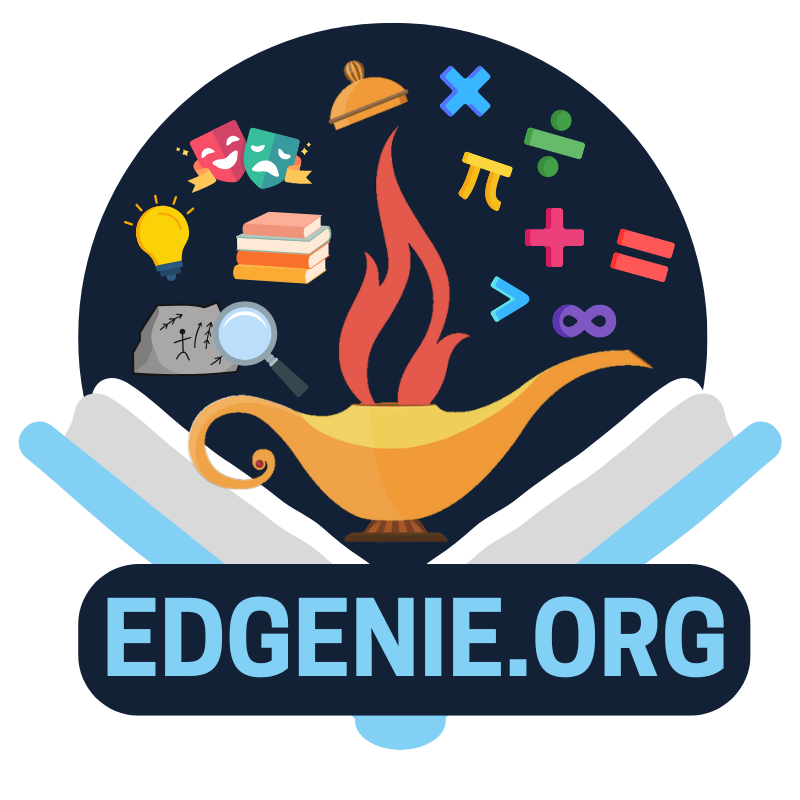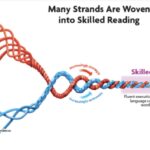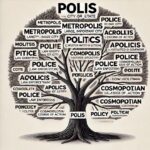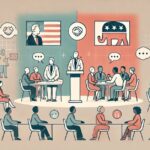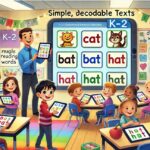Integrating Literacy Practices into Science: Nexus Level Vocabulary
Science teachers, have you noticed students’ eyes glaze over when they hit dense, unfamiliar terms? It’s not enough to decode words—they need to grasp their meanings. Morphology, the study of word structures, can transform how students tackle science vocabulary. Imagine breaking down “photosynthesis”—suddenly, “photo” (light) + “synthesis” (putting together) clicks, and understanding blooms. Activities like Etymology Word Webs turn vocabulary lessons into engaging explorations, connecting word roots and building semantic awareness. These tools help students make sense of complex terms, empowering them to read, write, and think like true scientists. Ready to transform your teaching?
Unlocking the Power of Words: How Vocabulary Trees Can Transform Learning in Grades 4-12
Struggling to engage her 7th graders with the language of social studies, Mrs. Ramirez tried something new: Vocabulary Trees. By breaking down intimidating terms like “democracy” and “oligarchy” into their roots, prefixes, and suffixes, her students began to unlock meaning—and confidence. Suddenly, words became tools, not obstacles. Debates came alive with precise language, essays reflected deeper understanding, and test scores soared. “It’s like they finally see the connections,” Mrs. Ramirez marveled. Vocabulary trees didn’t just boost comprehension—they transformed her students into critical thinkers ready to tackle complex texts. Want your students to thrive? Plant the seeds with Vocabulary Trees! 🌳
Why Teaching Microskills in a Politically Charged Climate is more Effective—and less controversial—Than Debates
This article discusses the importance of teaching microskills like facts vs opinions, critical thinking, source evaluation, and media literacy in a politically charged classroom environment. Rather than engaging students in potentially polarizing debates about political candidates, the article suggests focusing on nonpartisan microskills to promote civic engagement, critical thinking, and informed decision-making. These foundational skills allow students to navigate complex information without risking bias accusations or backlash from parents or administrators. By teaching microskills, educators can maintain a neutral classroom environment while equipping students with lifelong skills.
Unlocking Student Success: Integrating Literacy Skills to Master Next-Gen Science Standards
Are your students struggling to meet the Next Generation Science Standards? One of the biggest obstacles isn’t just content knowledge—it’s the ability to make inferences. This essential skill is often overlooked, yet it’s a game changer when it comes to understanding complex scientific concepts. By integrating literacy strategies, like inferencing, into your science instruction, you can help students connect their background knowledge with evidence and build the reasoning needed for deep comprehension. Ready to empower your students to think critically and ace those performance expectations? Dive into our latest post for practical tips and tools to make it happen!
“Encounter” by Jane Yolen: A Step Towards Inclusivity, but There’s Room to Grow
In today’s classrooms, the stories we choose to tell matter more than ever. When teaching about historical events—especially ones as monumental as the arrival of Europeans in the Americas—the narratives we highlight can shape students’ understanding of the past and its complexities. For many years, the traditi onal Eurocentric perspective dominated history lessons, portraying events like Columbus’s arrival through the lens of European “discovery” and colonization. Thankfully, this has started to change, with more educators seeking out literature that represents Indigenous voices and perspectives. One such book that takes a meaningful step in this direction is Encounter by Jane Yolen.…
Using AI to Create DIY Decodable Texts for K-2 Classrooms: A Game-Changer for Phonics Instruction
Struggling to find enough engaging decodable texts for your K-2 classroom? You’re not alone! Many teachers face the challenge of limited budgets and a small selection of phonics-based stories, leaving young readers with repetitive materials. But what if there was an easier way to create custom, decodable stories that match your students' needs? With the power of AI tools like Project Read, you can generate fresh, tailored texts that align perfectly with popular ELA programs like UFLI, Orton-Gillingham, and CKLA. Say goodbye to stale stories and hello to personalized reading experiences that keep your students excited about learning!
